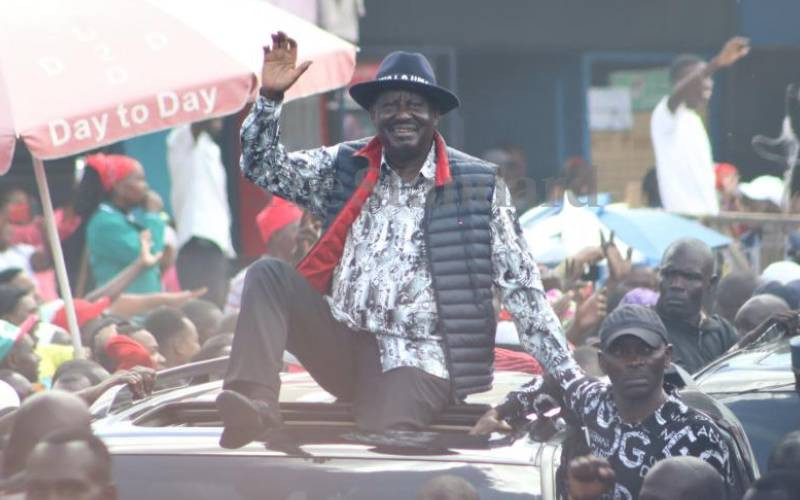
There are two types of commanding individuals. First are those with statutory powers and have laws on their side, but their ability to exercise power is relative to their acceptability by citizenry. Second are those with no statutory powers but they have authority that makes people follow them.
Kenya suffers from the presence of authoritative individuals with no statutory powers and individuals holding statutory powers but fail to command confidence and requisite authority. This has been the constant struggle for dominance from the onset of the colonial state to the present post-colonial 21st Century. At the centre of that struggle is the question of where legitimacy resides.